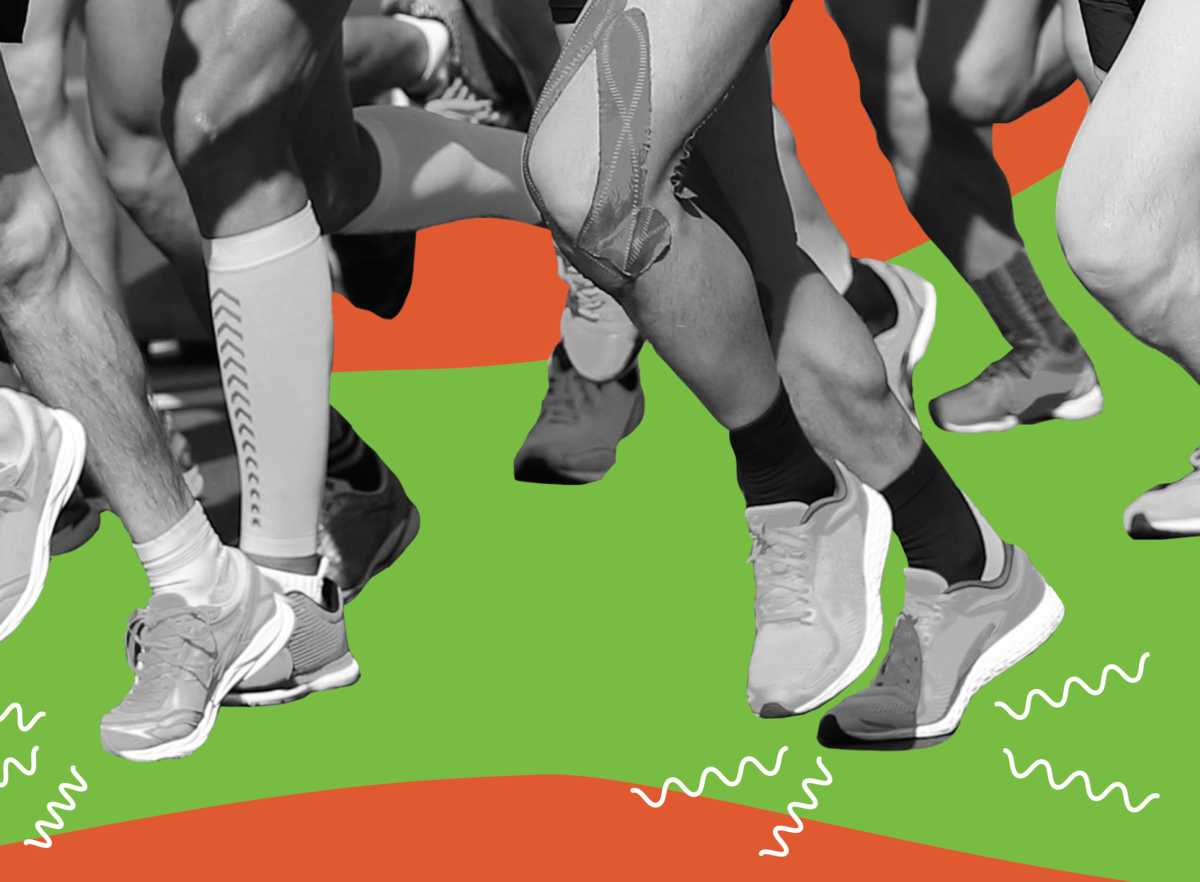
Let me start by saying that I run Broad Street every year and running is basically my whole life. Every day, I get up, go for a morning run on the Schuylkill River Trail, grab a triple shot espresso at La Colombe in Rittenhouse, and I’m on my way to work. Well, yesterday I didn’t have work. So I decided to switch out my morning miles for an afternoon 10K. Around mile three, I knew something was off.
When my stomach started cramping, I thought that maybe it was just the creatine I had washed down with a green juice. But when Lizzo’s “Truth Hurts” playing in my AirPods started fading out and I woke up on the trail with three concerned cyclists standing over me, I knew that something a little abnormal (and extremely embarrassing) had happened.
I felt better after going inside and drinking cold water, but I’ve never passed out on a run before, not to mention cut a 10K short. Was it heat exhaustion, am I just overdoing the pre-workout supplements, or is it something more serious?
Sincerely,
Sluggish on the Schuylkill
Sounds like a case of EAC (exercise-associated collapse). First off, you may want to cool it on all the caffeine and other supplements — these stimulants can be super dehydrating and actually make you more susceptible to heat exhaustion and fainting. No matter how much the Schuylkill River cools down the air on the trail, if you’re not drinking enough water on a hot summer day, you may start to experience dizziness, confusion, weakness, nausea, and even fainting. Sound familiar?
If it isn’t dehydration, it could be a few other things: dietary deficiencies, lack of conditioning (yes, it can happen to pros), or improper pacing. One way to help avoid EAC, our advice is to stay in your comfort zone and try your best to ease in and out of your fastest speed — a sudden decrease in your speed can cause collapse, and overexertion can cause hyperventilation. When ending your run, keep walking for a few minutes afterward to avoid shocking your system.
In some cases, collapsing can be a sign of an underlying cardiac condition. If you think that’s the case, please don’t try to exercise again before seeing a clinician. For the sake of you (and your fellow trail riders) stay humble on your runs and get to a vybe to get checked out before you challenge a group of cyclists to a race. You’ll still be number one in our books.
Sincerely,
Slow Down, Speed Racer
FIND YOUR VYBE